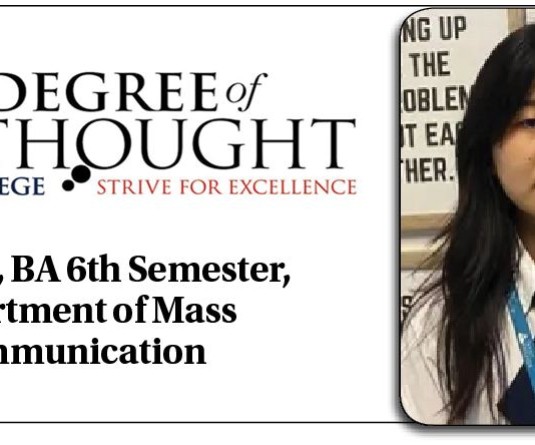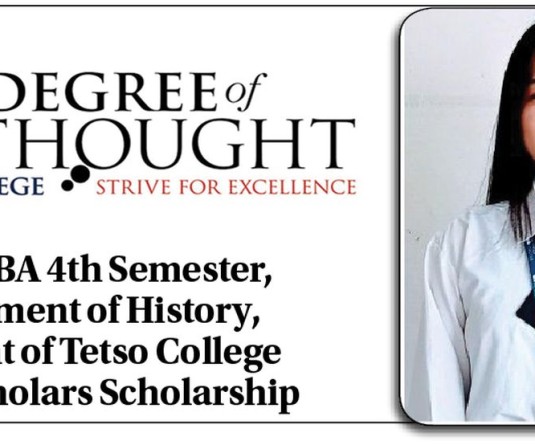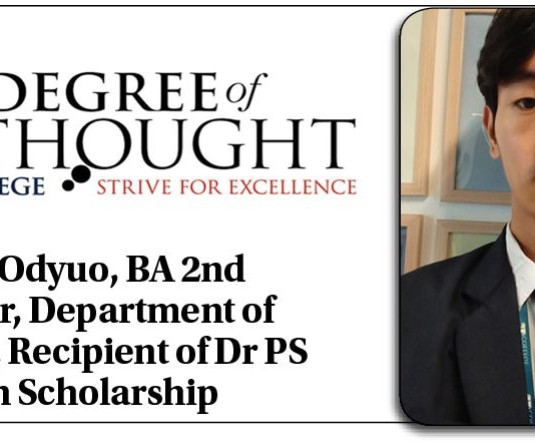
For generations, beauty has been redefined by admirers, artists, writers, and society, though often criticised for promoting unrealistic standards for women. Over 70 years ago, major beauty pageants like Miss Universe and Miss World began in the USA and England, where countries sent their most beautiful women to compete for the coveted crown, likened to the "Olympics of beauty." Today, the most famous pageants, known as the "Big 4" (Miss World, Miss Universe, Miss International, and Miss Earth), have evolved to emphasise not just physical beauty but also intellectual, political, and social advocacy. Contestants now play multifaceted roles, from advocating causes like HIV/AIDS awareness to promoting environmental conservation, as seen in campaigns like Miss World's "Beauty with a Purpose" and Miss Earth's focus on sustainability.
The entire gamut of beauty pageants have rather metamorphosed into ‘Battle of the Brain’ as the contemporary model is ‘Beauty with Brain’. Osmel Sousa, often touted as ‘the Czar of Beauty Pageants’, once said:
“If you see Miss India in the final 5 of any Pageant, then the rest of the girls should pack their bags and go Home. Because Miss India won’t let anyone win in the Interview Round”
From the shores of Colombia to the hills of Nagaland, beauty pageants have quickly taken root in the culturally rich state. Nagaland, which had become largely Christian by the time international pageants like Miss World and Miss Universe emerged, now embraces modern education, globalisation, Western music, and pop culture, blending them with its indigenous traditions. Beauty pageants have particularly captivated the youth, offering a new sense of identity as they navigate challenges like technology, unemployment, and social change. Along with neighbouring states like Manipur and Mizoram, Nagaland has a strong fan base for pageants, raising the question of whether this growing trend should be fully embraced.
So should beauty pageants be given its niche in the state of Nagaland? As insurgency-related violence has decreased in the North-East, young people are exploring new outlets for expression, though modern entertainment options like malls and art industries are still scarce. With the rise of western-style cafés and restaurants, some wonder if the North-East could soon rival countries like the Philippines or Colombia in beauty pageants. While many in Nagaland support this, critics argue that the state should focus on sports or that pageants are frivolous. Concerns also arise from parents and the Church, who view the environment of beauty pageants as unchaste or unbiblical, though others cite examples like Esther from the Bible.
Despite these concerns, participating in pageants isn't harmful like drug use or crime. It helps young people develop grooming, speaking, and presentation skills, while promoting health and discipline. In a state near the Golden Triangle, beauty pageants may help combat substance abuse. Not everyone can pursue careers like civil service, and pageants open doors to fields like modelling, acting, fashion, and hospitality for Nagaland's youth.
So the main question is - “Can Nagaland produce its first Miss India (considering only Big 4 pageants) or even a Miss Universe or Miss World perhaps? Nagaland, in the recent years, has been consistently producing a list of strong contenders in national beauty pageants. Following the feat by Zuchobeni Tungoe from last year, this year’s selection of Roupfuzhano Whiso in final top 20 and all the way to top 5 in Miss Universe India have secured Nagaland’s back to back top streak in this prestigious pageant and seemingly understood to have inspired thousands of young girls to bring home the most prestigious of the coveted crowns.
Ruopfuzhano is probably one of the first after Angelina Kevichüsa from Nagaland to enter the top 5 in the national pageant for selecting India's representative to Miss Universe. Engelina, in fact, clinched the 1st runner-up position, the highest achievement in this national pageant for Naga contestants to date. She was also pretty articulate, poised and flawless during her question answer round on stage. Her answer went somewhat like this when Ryan Fernandeź, the judge from the Philippines asked, “What challenges do women face in India today and what steps can be taken to empower them?:
“......I think the challenges that we are facing most is ‘Fear’ and it’s been escalating over the past few months over amounting number of assaults….rape cases that are being reported and it breaks my heart to think of many others that have got silent and I believe that if i can take this platform to encourage women to speak up, to stand for justice and to be true and strong to themselves (accompanied by loud cheer), I believe we could truly bring justice and make a better and safer world for the women in India”
Adding to this is another feat by Neiketuno Sechü earlier who became the first Naga woman to get selected in top 7 of Miss Grand India pageant. Pageant fans and enthusiasts in the state are also keeping their fingers crossed for Jentiren Jamir (an alumnus of my current institute Tetso College) who is representing Nagaland in Femina Miss India 2024. Who knows she might secure another crown after Roupfuzhano for Nagaland in this year’s Femina pageant. The day might not be too far for Nagaland when the state will see its biggest homecoming carnival for their queen after bringing home the crown for Miss Universe or World. But as easier said than done and reiterating the lines from WB Yeats, “In Dreams Begin Responsibilities” (quoted by Diana Hayden in her winning final answer when she clinched the Miss World crown for India in 1997), not only the contestant herself is the stakeholder but multiple actors must be involved viz. - educational institutes and professors, media agencies, fashion designers, politicians or even the Church for that matter as the contestant does not just need a good presentable face but moral support and right guidance (including code of caution as protectionary measures from predatory organisations).
Degree of Thought is a weekly community column initiated by Tetso College in partnership with The Morung Express. Degree of Thought will delve into the social, cultural, political and educational issues around us. The views expressed here do not reflect the opinion of the institution. Tetso College is a NAAC Accredited UGC recognised Commerce and Arts College. The editorial team includes Chubamenla, Asst. Professor Dept. of English and Rinsit Sareo, Asst. Manager, IT, Media & Communications. For feedback or comments please email: dot@tetsocollege.org






